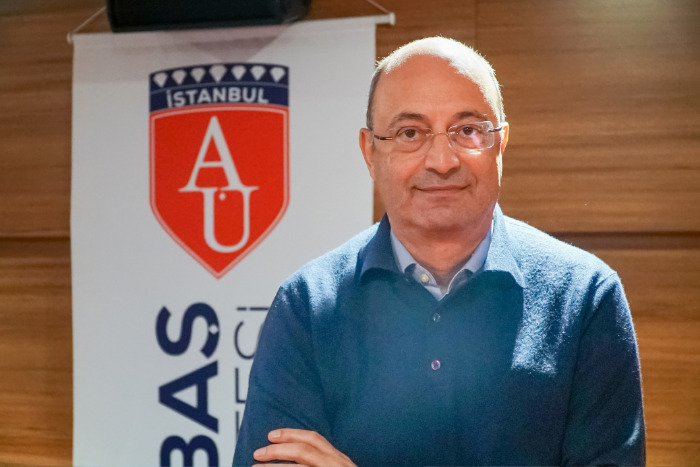Attention to Antibiotic Use
Health centers are full due to upper respiratory tract infections, flu, influenza and COVID-19 cases. Altınbaş University Faculty of Medicine Faculty Member Prof. Dr. Levent Doğancı warned about unconscious antibiotic use.

Altınbaş University Faculty of Medicine lecturer and Infectious Diseases and Clinical Microbiology Specialist Prof. Dr. Levent Doğancı warned against the indiscriminate use of antibiotics during the current period of crowded hospitals and healthcare centers due to upper respiratory tract infections, flu, influenza, and COVID-19 cases. He emphasized the need to differentiate between respiratory syncytial virus (RSV), known as a common cold, influenza, and COVID-19 for proper treatment.
Highlighting that antibiotics are ineffective against influenza, COVID-19, and other viruses, Prof. Dr. Doğancı stated, "This way, we are increasing antibiotic resistance. Antibiotics used in the early stages of the disease lead to more severe complications." He emphasized that antiviral medication should be started immediately when there is suspicion of influenza clinically, even before test results are available.
Considering that both influenza and COVID-19 may be present in the community simultaneously, Prof. Dr. Doğancı stressed the importance of testing for both viruses. He urged advanced centers in Turkey to investigate the antiviral resistance of the virus and share the results with clinicians.
Prof. Dr. Levent Doğancı underlined the importance of vaccination against influenza, stating that even after the onset of an outbreak, getting a flu shot provides significant protection. He advised high-risk groups, such as individuals over 65 years of age, those undergoing cancer treatment with suppressed immune systems, organ transplant recipients, and individuals with chronic respiratory diseases, to get vaccinated against the flu.
Furthermore, Prof. Dr. Levent Doğancı recommended that people experiencing symptoms such as fever, runny nose, cough, and sore throat isolate themselves until the winter season is over. He also suggested wearing masks again in public transportation, crowded places like cinemas, theaters, shopping malls, and especially in healthcare facilities.
He emphasized the importance of not going to hospital emergency services for such diseases and encouraged individuals to first consult their family doctor or specialists in infectious diseases, internal medicine, and chest diseases during normal working hours.
Prof. Dr. Levent Doğancı pointed out that emergency services should primarily deal with life-threatening diseases, such as heart attacks, strokes, loss of consciousness, accidents, injuries associated with life-threatening bleeding, and urgent legal matters. He warned against emergency services becoming overloaded due to the system's failure, leading to delays in providing essential care.
In conclusion, Prof. Dr. Levent Doğancı urged all clinical branch physicians to gain knowledge and experience about emergency situations by working in emergency services during their assistantship period. He emphasized the need for a broad spectrum of education and experience and warned about the consequences of the current situation, including a serious shortage of assistants in many main medical branches, leading to significant medical problems in the future if not addressed promptly.

